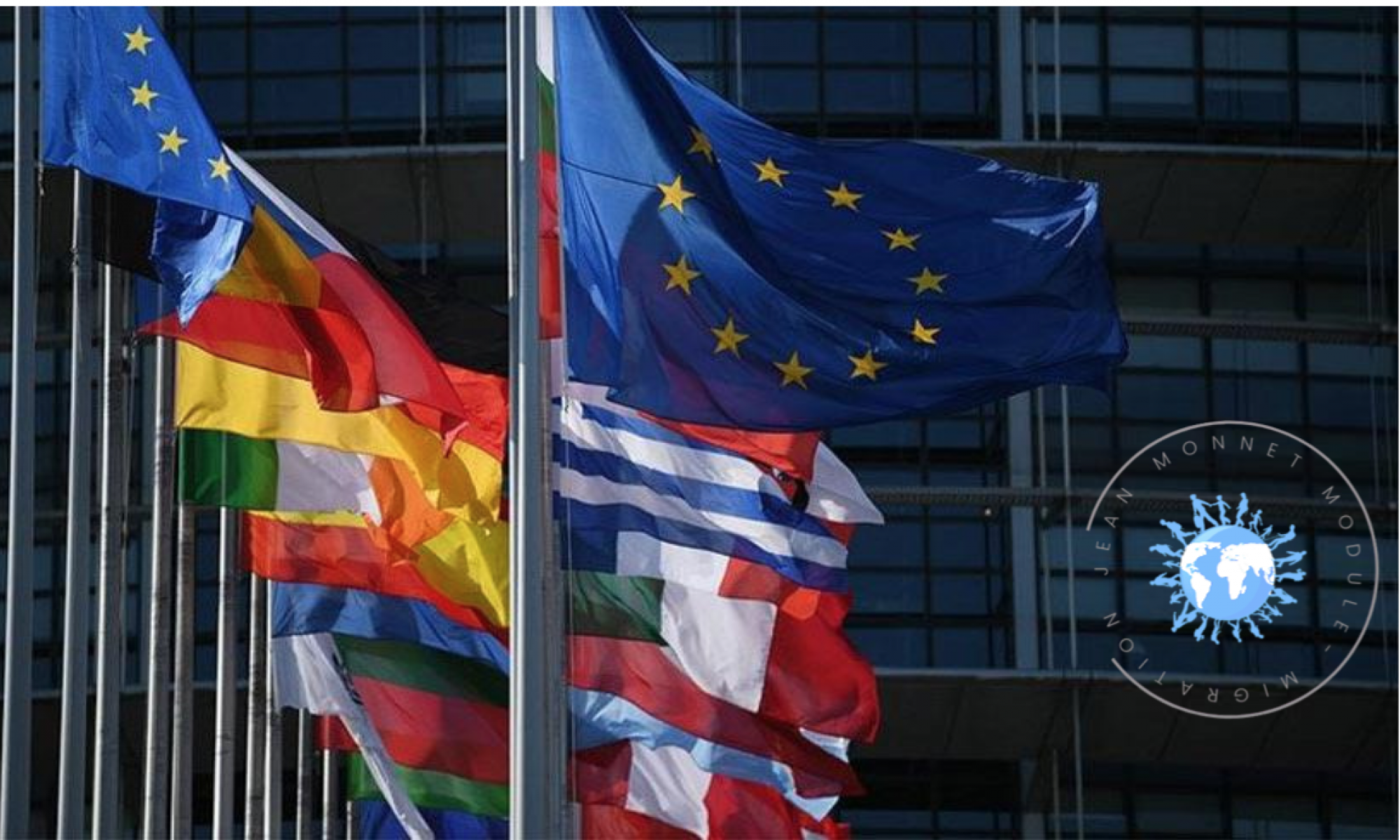Turkey is a first reception and a transit country for many refugees and migrants due to its geographical position. Following the mass influx of Syrian nationals starting from 2011, Turkey today hosts around 3.6 million Syrians, around 500.000 refugees and 713.675 legal migrants who stay in Turkey with a valid residence permit. Its geographical position and the political problems in the neighbouring countries in recent years led Turkey to be the country hosting the highest number of refugees in the world. The increase in the number of refugees has also created an interest in Turkish academia as regards subjects of irregular migration, such as reception of migrants, determination of their status and their rights and obligations under Turkish law. In a similar vein, conclusion of the Agreement of 2014 between the European Union (EU) and Turkey on the readmission of persons residing without authorisation (Readmission Agreement), the visa liberalisation process and the EU Facility for Refugees in Turkey has increased the importance of the topic as regards the relationship of the EU with Turkey.
Nevertheless, importance of migration law in Turkey is not limited with the law of irregular migration due to the developments in recent years. Within the relationship between the EU and Turkey, legal migration is regulated by the Additional Protocol of 1970 to the Agreement of 1963 Establishing an Association between the European Economic Community and Turkey (Ankara Agreement) and by the Decisions of 2/76, 1/80, 3/80 of the Association Council which are all based on the Ankara Agreement and are treated within the free movement of workers and services.
There are also certain recent national developments as regards legal migration such as adoption of the Act on Foreigners and International Protection of 2013 which aims compliance with EU acquis and international human rights standards, as well as the Act on International Workforce of 2016 that provides the principles and processes on work permits, the work permit exemptions granted to foreigners and the EU nationals and the rights and obligations in the field of employment of international workforce.
All these developments of the last decade have increased the importance of both legal and irregular migration in general and for Turkey and the EU in particular. Thus European and international migration now deserves to be treated as an independent area of law both for teaching and for academic research.
In this regard, the objective of the Jean Monnet Module on European and International Migration Law is to establish an in depth teaching, research and discussion environment on European and International Migration Law at Bilkent University. To address the objectives of the Module effectively, teaching and non-teaching activities shall be carried out during 2019-2022 on various aspects of migration.

Module Coordinator

Module Assistant

